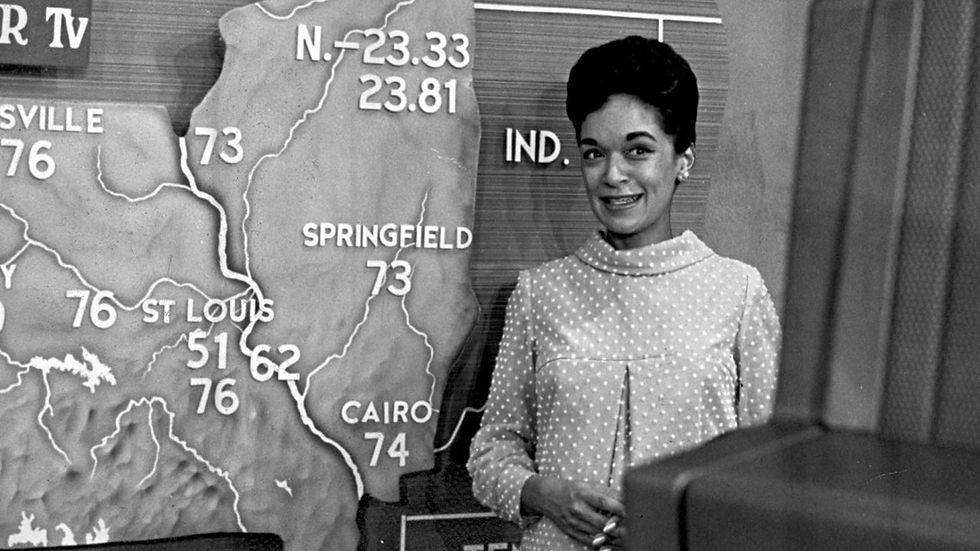Women Forgotten by History: Henrietta Lacks
- Stella
- Nov 14, 2024
- 2 min read

The polio vaccine, gene mapping, IVF, and the HPV vaccine, all very important parts of the healthcare system today. None of these would be possible without HeLa cells. But where did these immortal cells come from?
Henrietta Lacks was an African American woman born in Southern Virginia in 1920. She lived on a tobacco plantation with her cousins and grandpa. In her early 20s, she and her husband and kids moved to Baltimore in search of jobs during the great migration. Shortly after she moved she started feeling sick. She went to Johns Hopkins Hospital for treatment where she was diagnosed with cervical cancer. During her treatment, doctors collected cells from her tumor without her knowledge or consent. These cells, later known as HeLa cells, were remarkable because they could survive and reproduce indefinitely outside the human body, which had never been done before. This made them incredibly valuable for scientific research.
Sadly, Henrietta died only nine months after her diagnosis, but her cells lived on. Her immortal cells were used for numerous scientific breakthroughs like new vaccines, cancer research, and understanding viruses and genetics. Despite these monumental contributions, Henrietta remained largely unknown and unrecognized for decades. Her family was unaware of the impact her cells had on science until much later, and the ethical implications of using her cells without consent sparked important discussions about patients' rights and medical ethics. Henrietta’s story is a powerful reminder of the often-overlooked individuals whose lives and contributions have shaped the world in profound ways. She is a true hero, whose legacy continues to benefit humanity, even though she never received the credit and recognition she deserved throughout her lifetime.





Comments